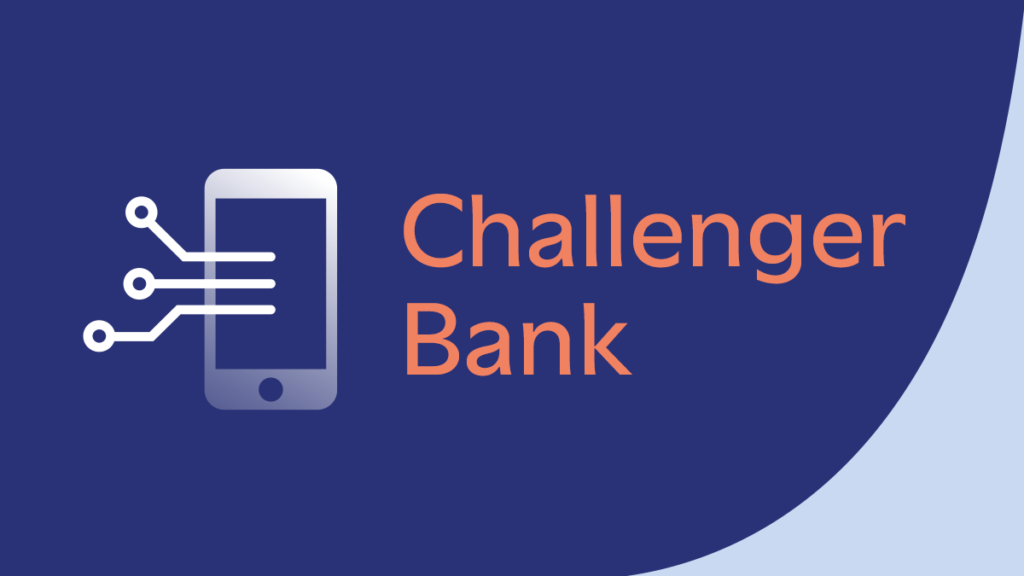
In the 1990s, I got very excited about a number of challenger banks. Sainsburys, Tesco and Virgin all launched new banks in the UK, and there were several others worldwide such as the (David) Bowie Bank and the G&L (Gay and Lesbian) Bank. Where are they now? Nowhere.
Sainsbury bank is up for sale, Tesco Bank has been sold to Barclays, Metro Bank is shrouded in scandal, and Virgin Money has just been acquired by the Nationwide Building Society. The challenger banks no longer challenge. In an interesting opinion piece in The Guardian Nils Pratley says So much for the challenge from ‘challenger’ banks, and states:
The uncomfortable truth is that size remains an enormous advantage in retail banking, in terms of everything from funding costs to investment in new tech and whizzy apps.
It’s an interesting op-ed … but completely not true.
The truth is that banks are hugely challenged by today’s tech and that’s why today’s challenger banks are succeeding massively. Monzo just raised $430 million at a $5 billion valuation, and Revolut has built a customer base of 40 million people in just nine years. The big difference is timing and structure.
Tesco, Sainsbury and Virgin all started before the networked revolution and were built with physicality – branches – as is Metro. Revolut, Monzo, Starling and the rest (Chime, NuBank, WeBank) are all built on the networked revolution of cloud, APIs, AI and apps.
Writing for Fintech Futures, my friend Dharmesh Mistry says:
On core banking, Vytautas [Danta, deputy CEO], who has previously worked for a number of incumbent banks in Europe, explains: “Banks can’t scale quickly because their core banking platforms tend to be different in each country, and they often even outsource or acquire their core. Revolut has developed one core platform for all its countries and for all its products.” This hugely reduces the complexity for the company while accelerating its ability to launch new products or get started in new countries.
Similarly, The Financial Times talks with Monzo’s CEO TS Anil who says that:
“Banking is still in the infancy of its transformation and we are seen as an outlier in pole position to win. I think of this as a race to transform how customers interact with their money, to win at a global scale.”
I agree with both.
Banking is being transformed by technology today. The problem with Tesco, Sainsbury, Metro Bank and co is that they were launched before their time with physical stores, rather than digital platforms.
Banking is being transformed by technology and size and scale of old banks no longer matter. Today’s world is one where an app, API, analytics, AI, partner, platform and ecosystem make all the difference.
Postnote:
Chris M Skinner
Chris Skinner is best known as an independent commentator on the financial markets through his blog, TheFinanser.com, as author of the bestselling book Digital Bank, and Chair of the European networking forum the Financial Services Club. He has been voted one of the most influential people in banking by The Financial Brand (as well as one of the best blogs), a FinTech Titan (Next Bank), one of the Fintech Leaders you need to follow (City AM, Deluxe and Jax Finance), as well as one of the Top 40 most influential people in financial technology by the Wall Street Journal's Financial News. To learn more click here...

